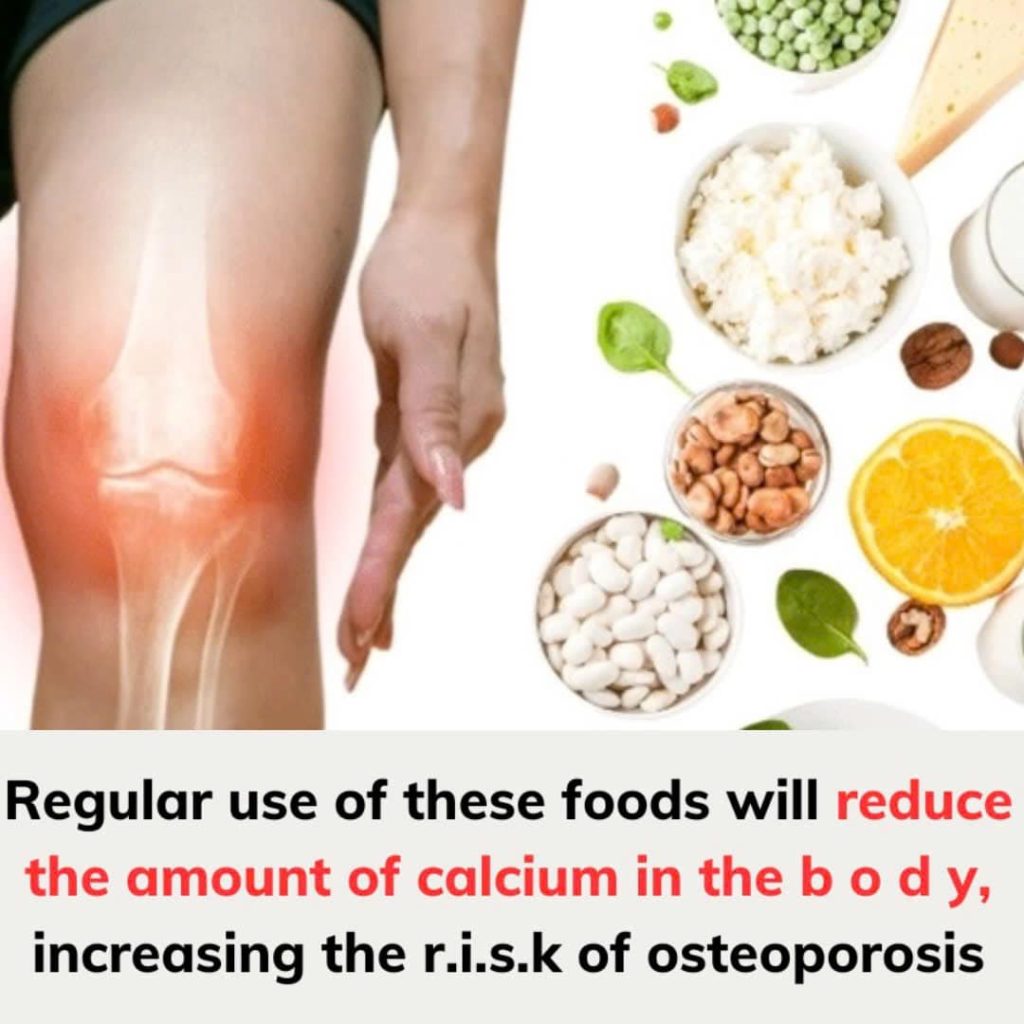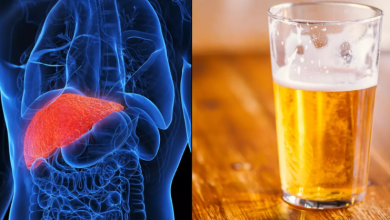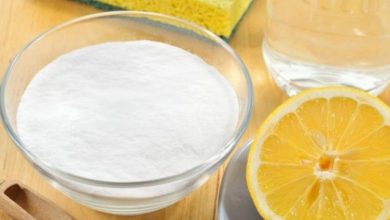Eating these foods regularly will cause calcium in the body to decrease, causing negative effects on bones and joints.
1. Salty Foods
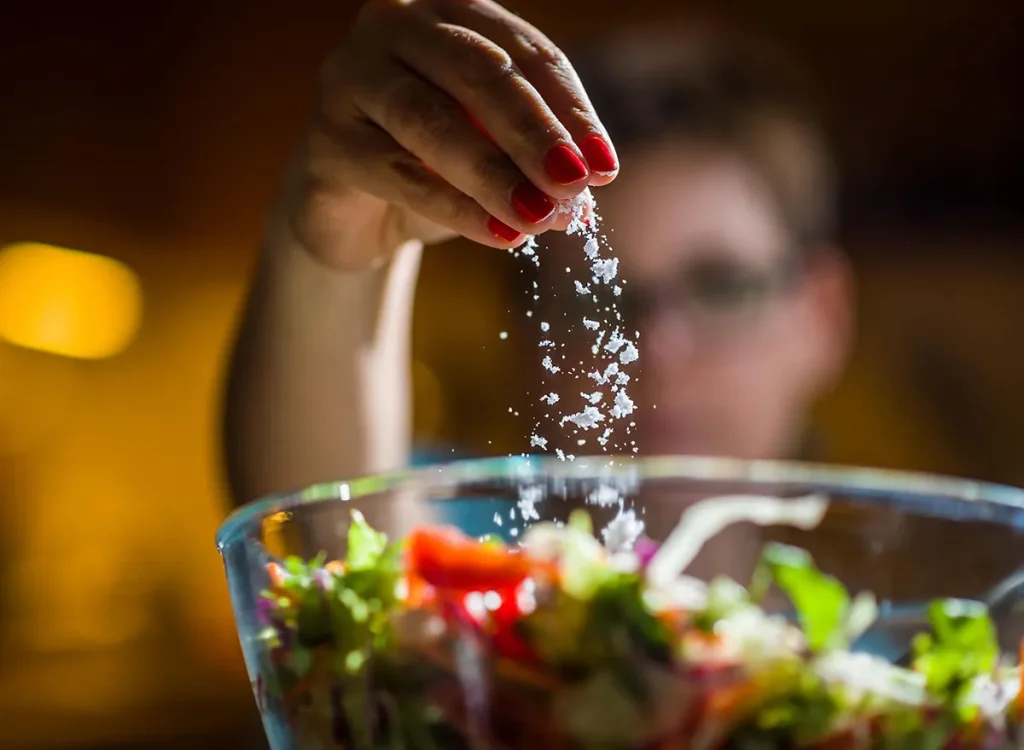
Delicacies such as pickles, ham, instant noodles, etc., although attractive, are not ideal for bone health. They contain more sodium than the body needs. Sodium is known to increase the loss of calcium through urine. Prolonged high sodium intake may contribute to calcium deficiency, which can increase the risk of osteoporosis. According to the World Health Organization, adults should consume no more than 5 grams of salt per day to avoid negative effects on bone health.
2. Fatty Foods
Consuming high-fat foods can have a number of health consequences, including hindering the body’s absorption of calcium and accelerating the process of calcium loss. In the long term, this may contribute to osteoporosis and negatively impact bone health. It’s important to consume healthy fats in moderation to maintain a balanced diet.
3. Soft Drinks

Soft drinks, particularly those containing phosphoric acid, can lead to reduced bone density and an increased risk of fractures. Excessive intake of carbonated soft drinks has been associated with calcium loss, as they disrupt the calcium-phosphorus balance in the body. To protect your bones, it’s a good idea to limit the consumption of sugary and carbonated drinks.
4. Foods Rich in Folic Acid
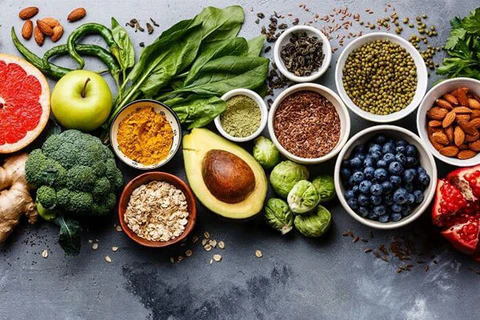
While folic acid is essential for overall health, it can bind with calcium in the body, potentially reducing calcium absorption. However, the impact is minimal unless consumed in large amounts over time. A balanced diet with appropriate folic acid intake is important, but it’s not typically a significant factor in calcium deficiency.
5. Coffee
Coffee, due to its caffeine content, can interfere with calcium absorption and increase calcium excretion in the body. While moderate coffee consumption is generally safe for most people, excessive caffeine intake can impact bone health over time. It’s advisable to consume coffee in moderation to avoid any negative effects on calcium levels.
6. Alcohol
Excessive alcohol consumption has been shown to reduce bone density, interfere with bone formation, and increase the risk of fractures. It can also slow recovery after bone injuries. To maintain strong bones, it’s recommended to consume alcohol in moderation: no more than 1 glass per day for women and 2 glasses per day for men.
Conclusion
Incorporating a balanced diet and avoiding excessive intake of foods and beverages that hinder calcium absorption is essential for maintaining bone health. While some foods, such as salty foods, fatty foods, and coffee, may contribute to calcium loss, the effects of others like beef and folic acid are often overstated. A healthy diet with adequate calcium intake, regular exercise, and moderation in alcohol consumption will help keep your bones strong and healthy. Always consult with a healthcare provider or nutritionist to ensure you’re meeting your dietary needs for optimal bone health.
